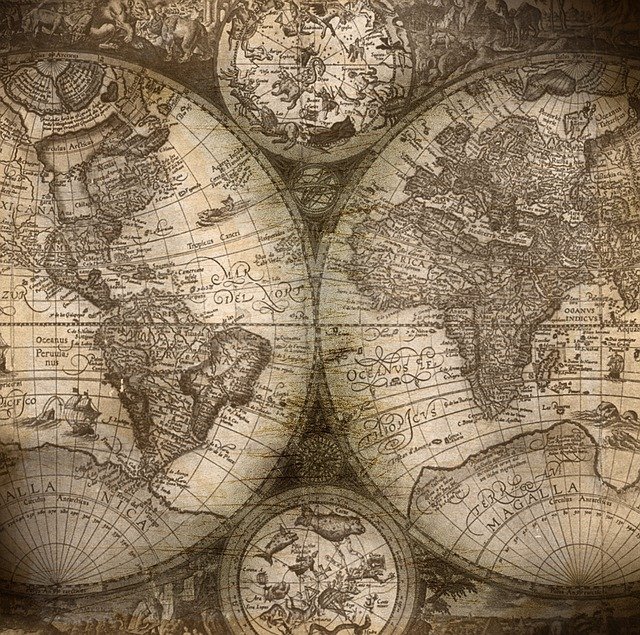
Who Tells Our Stories?
Deanna
- 0
- 176
We all have stories to tell. Important stories. But too often there are voices that speak over or dismiss the stories we most need to hear. Stories tell us where we come from and who we are, but do they tell us everything about who we are if some voices are ignored or silenced? The final writing prompt to support my students’ development of their Rhetorical Analysis essay (exploring a popular culture narrative (book, movie, or television show) that is important both to the writer and to our culture) considered the question of who tells our stories and how that shapes our culture. This work was the seventh week of the writing marathon intended to inspire both with my first year writing students and the Just Write virtual writing group. The prompt built on previous explorations including what stories matter and what can we learn from stories.
We began by responding to these three (probably apocryphal) quotes:
Those who tell the stories rule society
Plato
The one who tells the stories rule the world
Hopi saying
Until the lion learns how to write, every story will glorify the hunter
African proverb
In the end, it does not matter if each of these quotes is apocryphal because the universality of the sentiment seems to cross time and space and culture. But as my students embarked on their rhetorical analysis essays I wanted them to push beyond the established narrative to explore whose stories were not being told and to ask the question why.
I shared Tracy K. Smith’s An Old Story and reminded my students that stories are powerful things that shape the world we make. I then shared Aunt Sue’s Stories by Langston Hughes and reminded my students that the stories we hear also make us.
What stories do you think the world needs to hear? What old stories shaped how you live? What family stories made you who you are?
Image by Anne-marie Ridderhof from Pixabay


